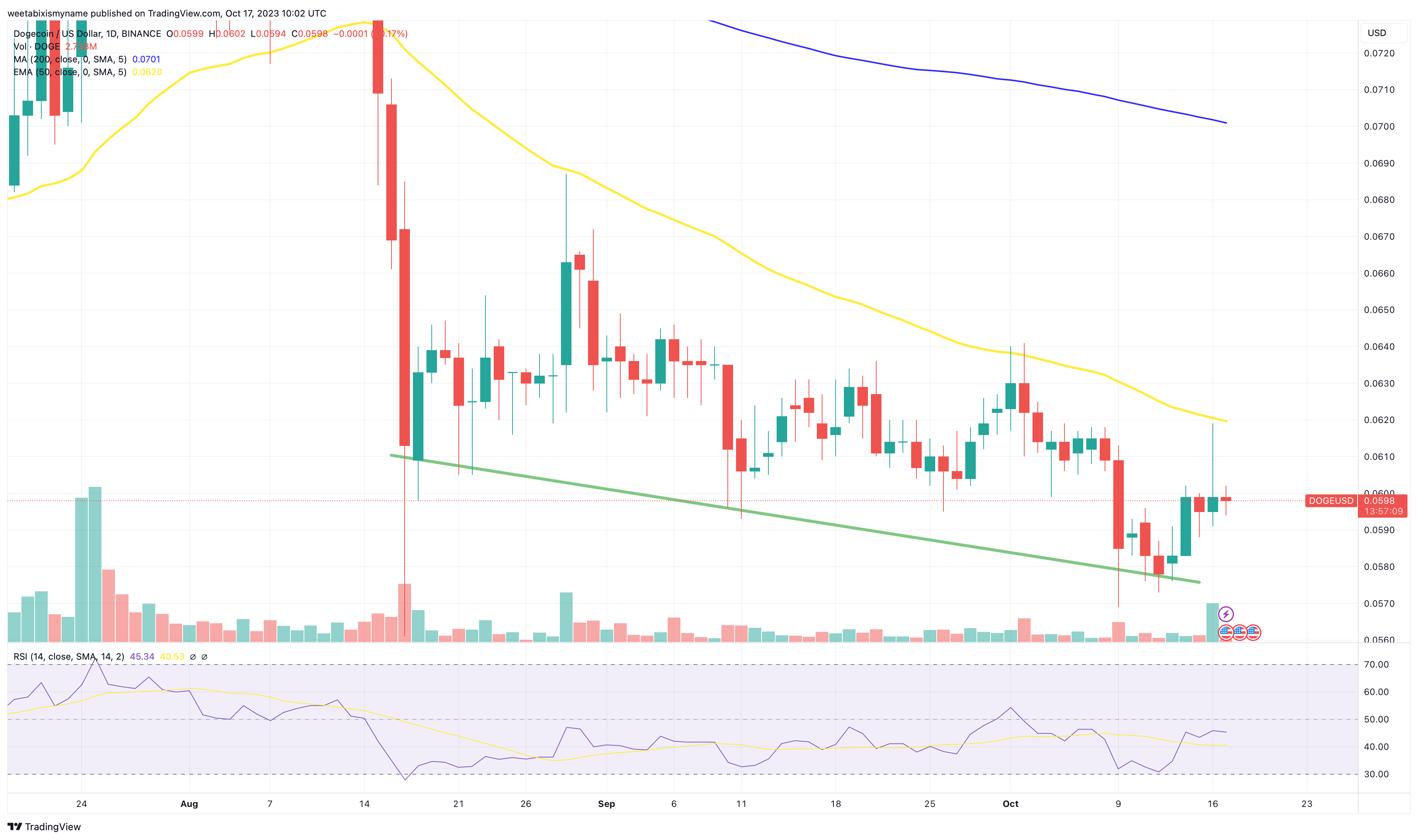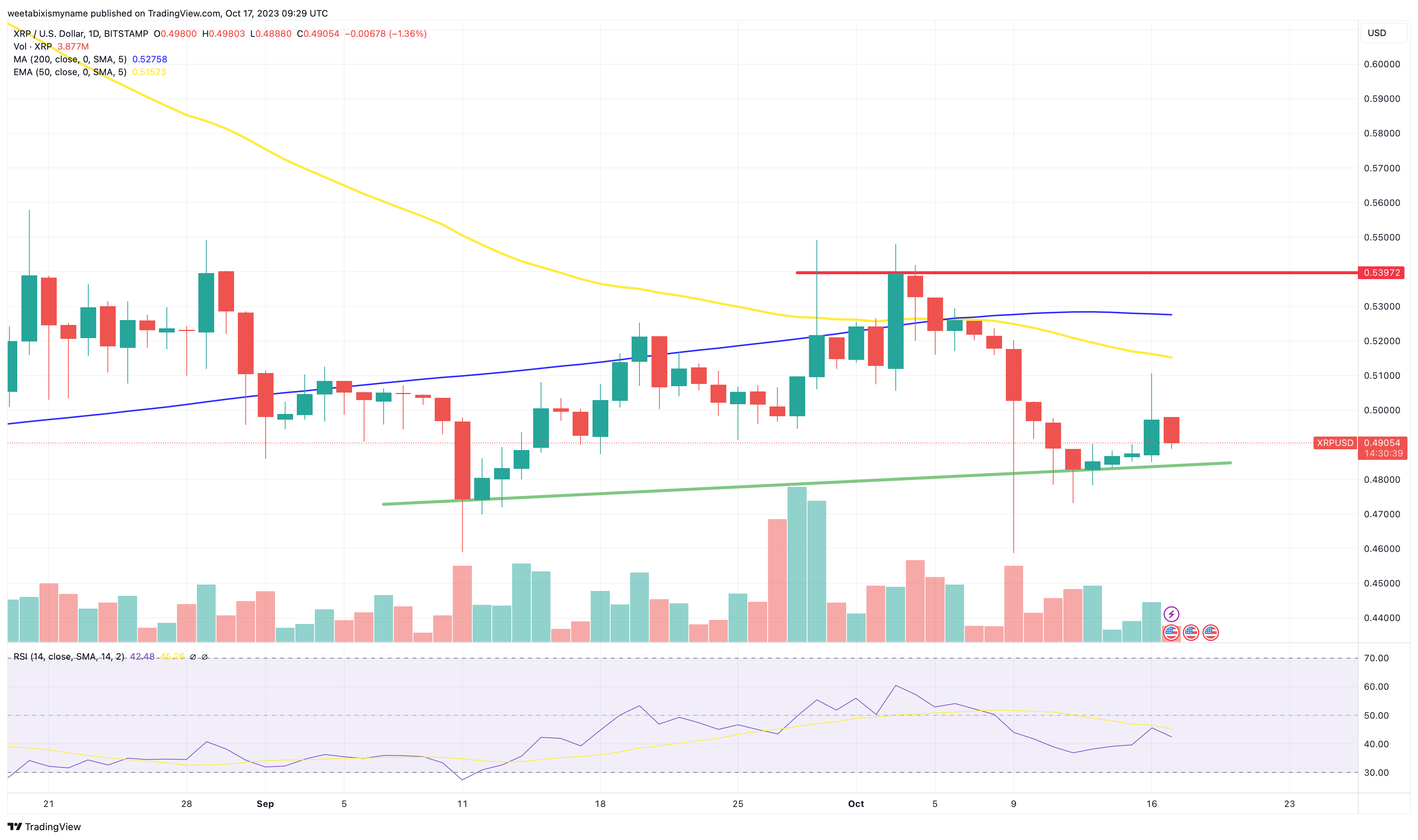TrueUSD's Client Data Exposed in Third-Party Security Breach

Stablecoin issuer TrueUSD recently fell victim to a third-party security breach that led to the exposure of personally identifiable information of some of its clients.
According to screenshots posted on X of an email allegedly sent by TrueUSD to customers, the breach affected clients who were onboarded between 2018 and 2019 and included personal details such as customers' first and last names, email addresses, and phone numbers.
Additionally, the breach exposed sensitive information, including client mail addresses, dates of birth, bank names, transaction histories, and blockchain wallet public addresses.
The breach was attributed to TrueCoin, a former service provider for TrueUSD, responsible for banking, customer onboarding, and product management.
TrueCoin informed TrueUSD about the breach after a third-party vendor discovered an "anomalous account change" within TrueCoin's organization, indicating the compromise of a support vendor, TrueUSD said in an X thread on Monday.
Notably, the thread stated that TrueCoin had no records of the attacker downloading, altering, or removing any personal information from its own systems.
“As TrueCoin was engaged as TUSD operator until 13 Jul 2023, they hold certain [know-your-customer] and transaction history data of TUSD users, and part of the data was potentially exposed to the attacker during the attack suffered by TrueCoin's third-party vendor,” the team added.
TrueCoin response
According to the screenshots of the TrueUSD email, TrueCoin's cybersecurity and engineering teams immediately initiated an investigation to assess the extent of the breach.
The email added that the team took “swift action” to prevent unauthorized access, and noted that TrueCoin's internal systems remained uncompromised during the breach.
TrueUSD has recommended that clients remain cautious of potential phishing attacks and that they monitor their accounts for any suspicious activity.
TrueUSD users are encouraged to contact the stablecoin issuer if they detect unusual activity.














